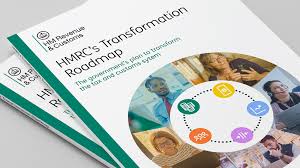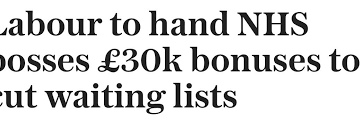NHS Fat Cats: A Closer Look at Executive Salaries

Introduction
The term ‘NHS fat cats’ has emerged in recent discussions surrounding the National Health Service in the UK, highlighting the pay of senior executives amidst a backdrop of financial strain and public concern. This topic has become increasingly relevant as reports uncover the disparity between executive compensation and the challenges faced by frontline staff and patients. The call for transparency and accountability has intensified, compelling stakeholders to address the issue of executive pay within the NHS.
Recent Developments
In a report published by the British Medical Association (BMA) in February 2023, it was revealed that salaries for NHS trust chief executives have reached alarming levels, with some earning over £250,000 annually. This has raised eyebrows, especially in light of staff shortages and the ongoing struggles for adequate funding. The public has reacted strongly, with many expressing discontent over perceived inequities at a time when healthcare resources are stretched thin.
Furthermore, a recent investigation by The Guardian highlighted that over 100 NHS executives were said to receive remuneration packages exceeding £200,000, despite the ongoing challenges of wait times and availability of services. These findings have prompted calls from politicians, including prominent health sector figures, for a freeze or reduction in executive salaries until governments can secure better funding for patient care.
Public Reaction
The growing scrutiny of high salaries has resonated with the general public, who are increasingly aware of the challenges faced in the NHS. Campaign groups, such as Keep Our NHS Public, have initiated petitions demanding the government address these disparities. Protests have taken place outside NHS trust offices, underscoring the frustration among healthcare workers and the public alike. They argue that the focus should shift more towards investing in nurses and doctors rather than in executive remuneration.
Conclusion
The dialogue around ‘NHS fat cats’ is likely to remain a pertinent issue as the NHS navigates through its current crisis. With calls for systemic changes and financial reform, the focus on executive pay makes it clear that many stakeholders are calling for greater accountability in how health services are managed and funded. As discussions continue, the significance of this issue can have lasting implications not only for NHS management but also for the future of healthcare provision in the UK, potentially shaping policies for years to come.









